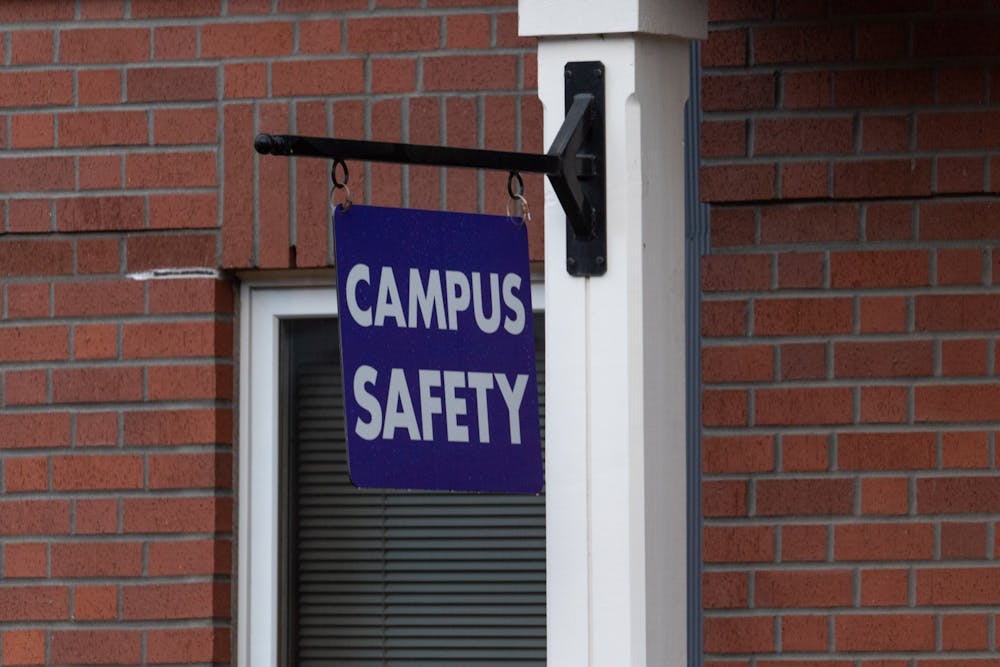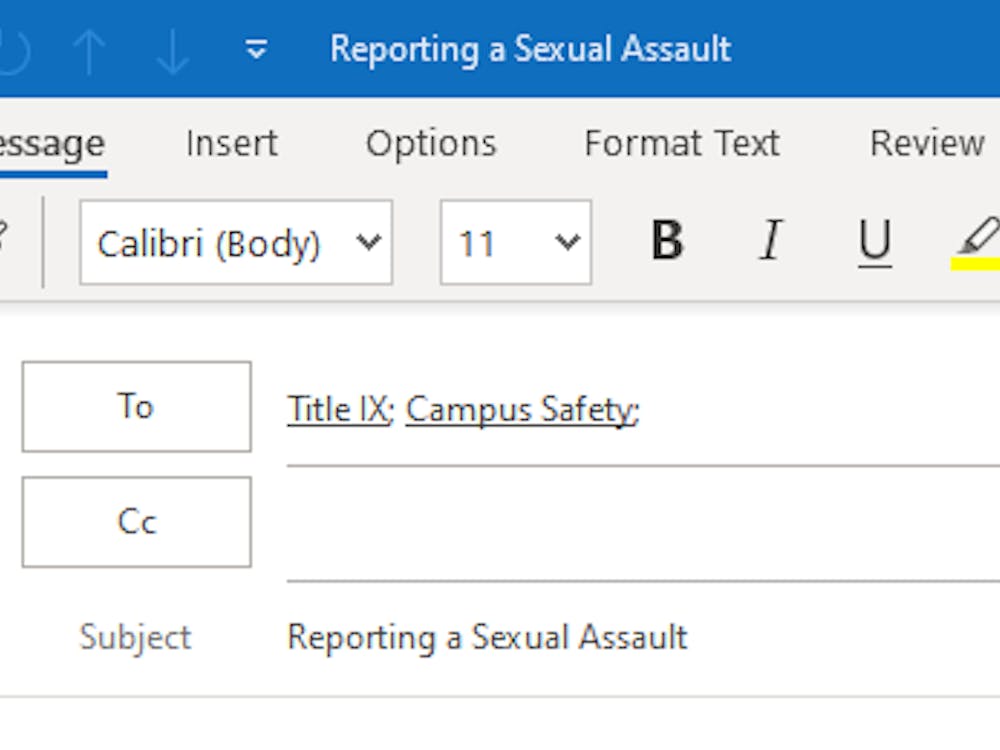Junior Alexly Campos-Martinez steps outside her house, ready for work and pauses for a moment in confusion. She doesn’t see her car out front and when she checks behind the house, she realizes her red 1993 Honda Civic del Sol has been stolen.
“I think it happened during the night because I heard stuff happening outside and I was too scared to get out of bed,” Campos-Martinez said.
It was August 2021, and after 30 days of back-and-forth with Portland Police, her car turned up in a St. John’s neighborhood, completely scrapped for parts.
“That car was worth quite a bit of money,” Campos-Martinez said. “It was very disheartening to see it torn apart because it was a manual car, too.”
Campos-Martinez is not alone in her experience. In fact, she represents many of those feeling a significant rise in auto theft in Portland since the start of the COVID-19 pandemic. As reported by The Oregonian, auto theft is expected to reach its highest level in 30 years by 2023. And auto theft is not the only crime students are concerned about.
Sara Westbrook, director of Campus Safety and a Portland Police Department veteran, is well aware of the trend and what it means for UP.
“We’re in the city of Portland, so crime is up on campus.” Westbrook said.
The UP Crime and Fire Log shows an increase in theft on campus. Items have been stolen from residence halls, offices and the Chiles Center.
In late September, someone stole a student’s car from the Kenna parking lot. In a post on the UP mobile app, the student said it was seen being driven on the sidewalk of Willamette Boulevard.
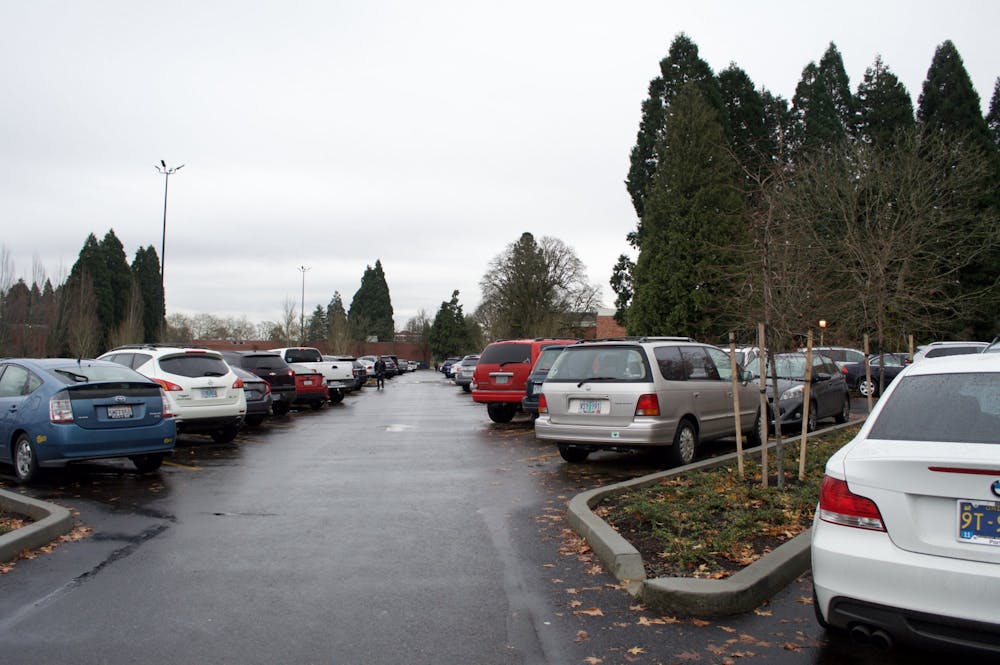
Westbrook also is concerned about trespassers — people not a part of the UP community who use or enter campus facilities without permission.
“People are welcome to come here and walk their dogs or look at art,” Westbrook said. “They're not welcome to enter into a dorm or into a workout facility and take a shower.”
This problem often occurs when students hold doors open to buildings that require key card access, letting non-UP affiliated people inside.
“Pay attention to who's walking in behind you or who you're holding open the door [for],” Westbrook said.
According to Westbrook, by the time Campus Safety receives a report on a trespasser, the person has often already moved to another location on campus, making it difficult for Campus Safety to remove them.
Besides trespassers and the rising number of thefts on campus specifically, crime is a concern off campus, too. Campos-Martinez has seen this for herself, as well as for a few of her friends.
For instance, her friend’s bicycle was stolen by a teenager who allegedly broke into their backyard shed where it was locked up. On a separate occasion, another friend’s catalytic converter was stolen from beneath their car, a misfortune that reflects a massive surge in catalytic converter thefts in Portland.
While these kinds of theft are commonplace, other recent crimes have proven unusual yet no less frightening. In an email to the UP community on Oct. 14, Westbrook wrote that the University received reports about a man calling out to people from his Tesla while driving on Willamette Boulevard and around the community.
“When the person approaches the car, the individual is exposing himself and then driving off,” Westbrook said in the email.
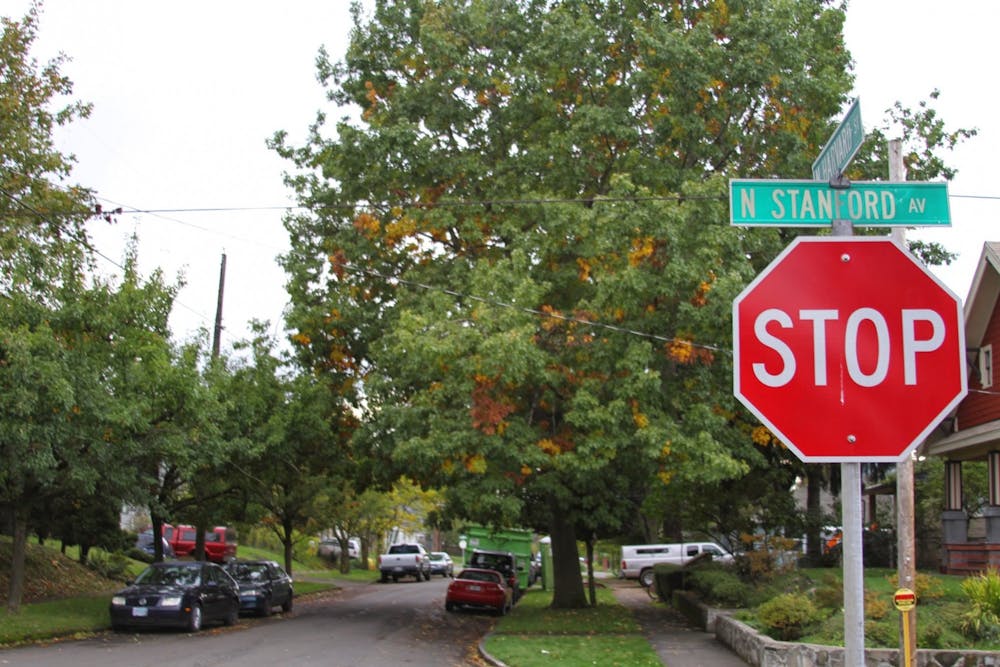
Campus Safety is not staffed or authorized to enforce laws off campus; the Portland Police have jurisdiction. However, the Portland Police Bureau say they are understaffed and some crimes go unsettled.
For Campos-Martinez, being on campus is ultimately safer than off.
“If you stay on campus within the dorm territory, you're fine, you're safe,” Campos-Martinez said. “But as soon as you go off campus, where most of the upperclassmen are living, it gets scary.”
UP is private property, and thus Campus Safety has more control over enforcing safety measures like key card policies and patrolling the campus. For example, some buildings have increased the hours in which they require keycard access.
Westbrook says Campus Safety is still able to offer 24-hour coverage despite staffing shortages, a wider University issue.
There are things students can do to avoid becoming crime victims, and Westbrook and Campos-Martinez have offered some tips to help students stay safe. Preventing car theft is one of Westbrook’s main goals.
“Put everything in the trunk,” Westbrook said. “Don't leave a computer or anything … That alone will plummet our theft from a car by 16%.”
For students with bicycles, Westbrook recommends locking them indoors when possible and registering them with Campus Safety. She also suggests that students call Campus Safety whenever they feel unsafe or see any suspicious activity.
Following the bicycle theft, Campos-Martinez and her housemates installed surveillance cameras to obtain evidence, should another theft occur. For off-campus students, she recommends doing this as well as installing flood lights for better visibility at night.
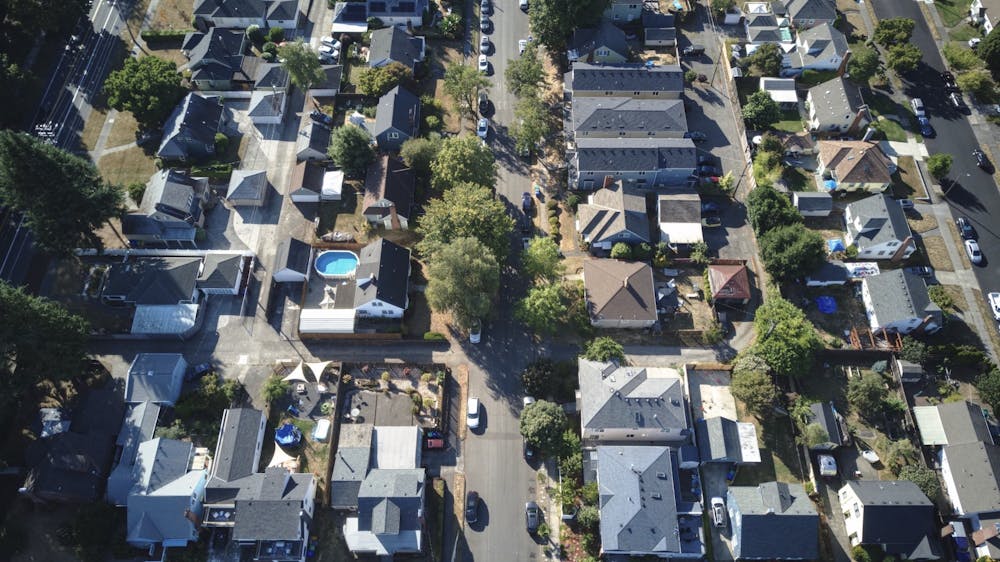
Having cameras, good lighting and even a tracking device for the car are Campos-Martinez’s primary suggestions.
But ultimately, she’s in agreement with Westbrook about students doing their best to not give car thieves cause to act.
“Don't make your car worth stealing,” Campos-Martinez said.
A rule of thumb, don’t leave anything in your car that looks like it could be sold for money. It is suggested to tuck belongings under seats or in a covered trunk of the car when leaving it unattended.
Ultimately, there’s only so much students can do when their neighborhood becomes less safe.
“It makes you very sad,” Campos-Martinez said. “It's a very scary neighborhood to be in at night, that's for sure.”
While Campus Safety works to address issues as they arise, the best thing students can do is to remain aware of their surroundings, be proactive and stay consistent in their safety efforts, whether on or off campus.
Riley Martinez is a reporter for The Beacon. He can be reached at martinri24@up.edu.
Kate Cuadrado contributed to this story. She can be reached at cuadrado24@up.edu.
Editor’s note: An earlier version of this story did not specify that the increase in auto theft and general crime had occurred since the COVID-19 pandemic started. While Police statistics show reported auto thefts in Portland peaked in November 2021, they remain higher than they were before the COVID-19 pandemic.



